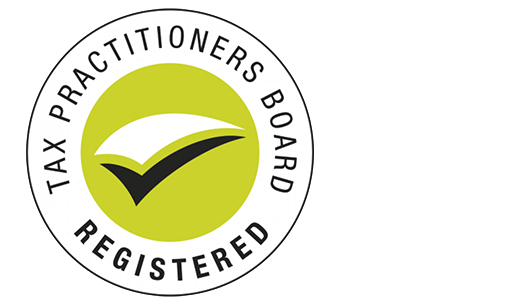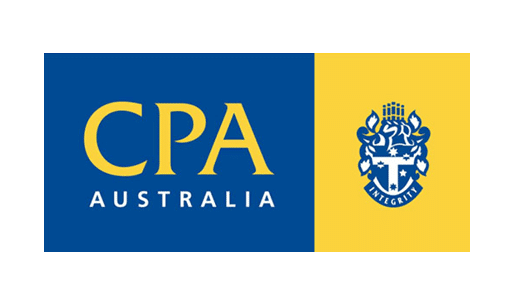
Many trustees felt the auditors should just “tick and flick” the accountant’s work.
An auditor plays an important role in an SMSF environment – a bad auditor could cost you your life savings.
From 1 July all SMSF auditors will need to be registered with the Australian Securities & Investments Commission (ASIC) and meet minimum competency requirements to conduct audits.
As part of the Stronger Super reforms, a new registration system takes effect from 31 January.
An SMSF auditor is responsible for performing financial and compliance audits and reporting any contraventions of the super law to the Australian Taxation Office.
Your accountant is responsible for putting together your financial documents based on your SMSF’s transactions during the financial year. The auditor’s role is to check these documents and other source documents to ensure they reflect the true financial position of your SMSF and that it complies with tax and super laws.
The auditor must check that all assets of the SMSF are correctly registered in the name of the SMSF; that any borrowing by the SMSF is structured correctly; that the SMSF has not lent money to a related entity greater than the allowable 5% limit and that the fund has adhered to contribution and payment standards. If the SMSF has contravened any super rules, the trustee is informed and the contraventions are reported to the tax office.
Some trustees don’t like their SMSF being reported to the tax office – they regarded this as disloyal. The fact is, it is mandatory for auditors to report. If they don’t and they are audited by the tax office, their position is untenable. The tax office would be forgiven for thinking that the auditor did not understand the law or did not do a proper audit.
An auditor’s role is extremely important because the tax office relies on auditors to be its eyes and ears.
There are more than 450,000 SMSFs in Australia and it is not possible for the tax office to audit every one of them. For that reason, the tax office relies on auditors to ensure SMSFs are filing financial reports and complying with the rules.
The new auditor registration regime – auditors are urged to apply before the end of April – will ensure that SMSF auditors have the skills to perform their role.
From 1 July, SMSF trustees can only appoint ASIC registered auditors. And that will apply to audits for past financial years if the audits are conducted after 30 June.
There are, of course, transitional arrangements for existing SMSF auditors to ensure highly experienced, competent auditors are recognised.
If an existing SMSF auditor is not registered with ASIC by 1 July, they will not be able to conduct audits. If the auditor has lodged an application for registration that has not been assessed by ASIC by 30 June, they will not be able to audit SMSFs until they have been notified by ASIC that they are a registered, approved SMSf auditor.




Leave a Comment